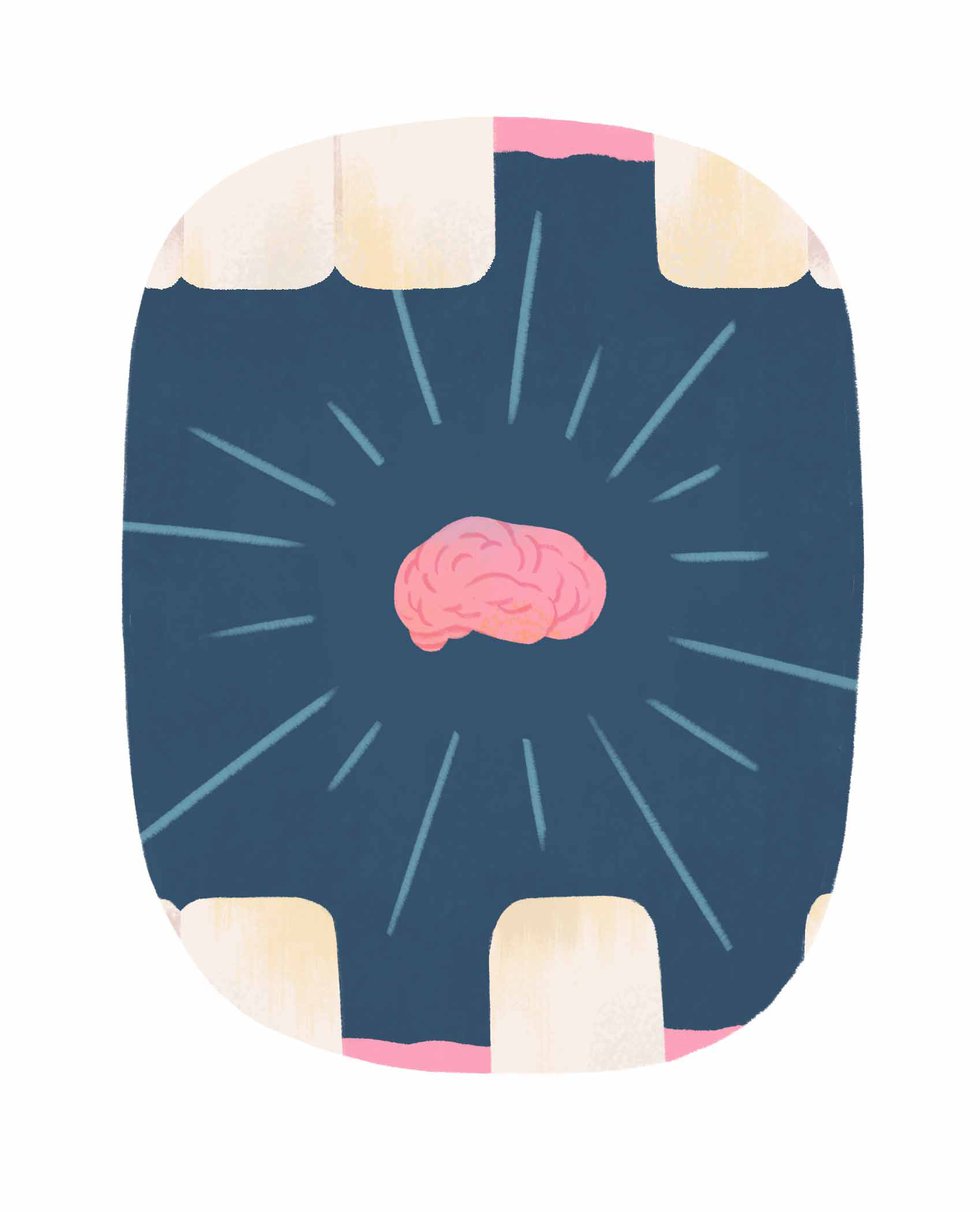
Research suggests connection of periodontal disease to brain shrinkage.
In addition to poor oral health being associated with heart disease, diabetes, certain cancers, and preterm birth, a new study has found that the brains of people with gum disease or tooth loss are at risk of their brains getting smaller. Specifically, the research, conducted at Tohoku University Graduate School of Dentistry in Sendai, Japan, found that there is evidence of hippocampus shrinkage, the area of the brain essential for memory.
The study involved nearly 200 people with an average age of 67 and no memory problems at the outset. Those with mild gum disease who had fewer healthy teeth and those with severe gum disease who had more healthy teeth both showed a faster rate of shrinkage in the left hippocampus. Gum disease, also called periodontal disease, is defined as inflammation and infection of the gums and bones that surround and support teeth.
“The pathogen of periodontal disease itself may invade the brain and damage nerve tissue,” says Dr. Satoshi Yamaguchi, who led the study. “Fewer teeth reduce chewing stimulation, which can also lead to brain atrophy.”
Yamaguchi’s study was not designed to say how, or even if, the number of healthy teeth or gum disease status causes dementia or memory problems, but previous research suggests that simmering inflammation may be a smoking gun.
Flossing is a powerful way to fight gum disease. Yet, according to the CDC, only 30 percent of people are flossers, which suggests that the other 70 percent may want to adjust their oral hygiene habits.
This article originally appeared in the June 2024 issue.









